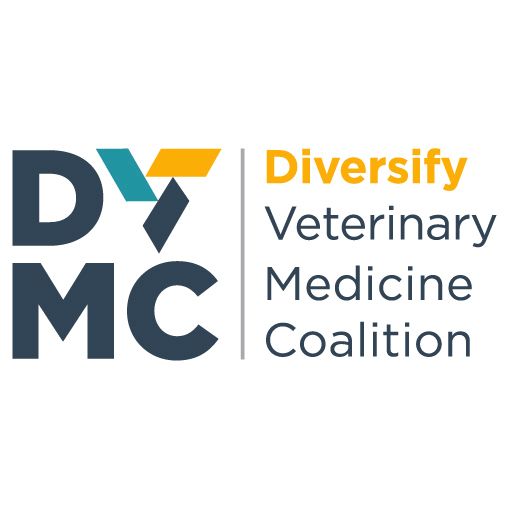Banfield says it has committed to the following initiatives to help increase the number of veterinary professionals and improve diversity:
- Increase veterinary inclusiveness by 2030, with a 30% increase of Black, indigenous people of color (BIPOC) veterinary populations by 2030.
- Strengthen the pipeline of Black veterinarians by partnering with Mars Veterinary Health, Royal Canin, and Tuskegee University College of Veterinary Medicine. The company also plans to launch the Banfield & Royal Canin Student Support Fund, donating an initial $125,000 to veterinary students in need of financial support.
- Invest $1 million, over the next year in equity, inclusion, and diversity efforts, training, and to support industry efforts on the fight to a better diversity pipeline.
"With nearly 70% of Black veterinarians in the US being Tuskegee graduates, we're inspired by the work Banfield and Royal Canin are doing to continue to push for a more equitable, inclusive, and diverse profession," said Ruby Perry, DVM, MS, dean of the Tuskegee University College of Veterinary Medicine.
Banfield has also announced that the newly-formed coalition Diversify Veterinary Medicine Coalition, will work in partnership with a commission that is being established by the American Veterinary Medical Association, the Association of American Veterinary Medical Colleges, and the Veterinary Medical Association Executives and others, to drive equity, inclusion, and diversity across the profession.






